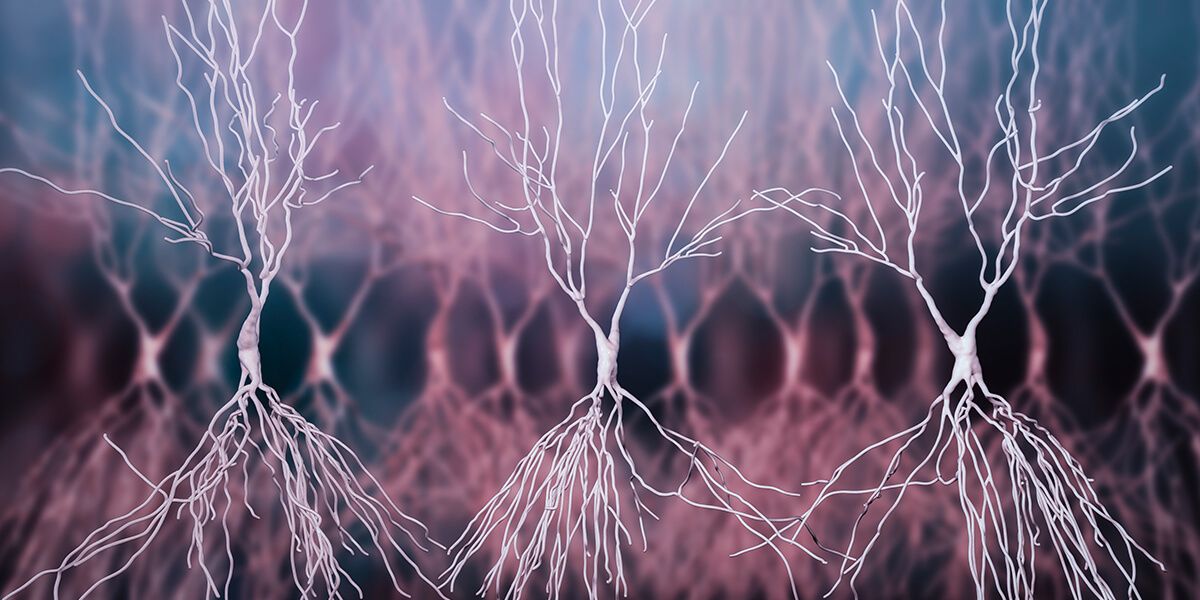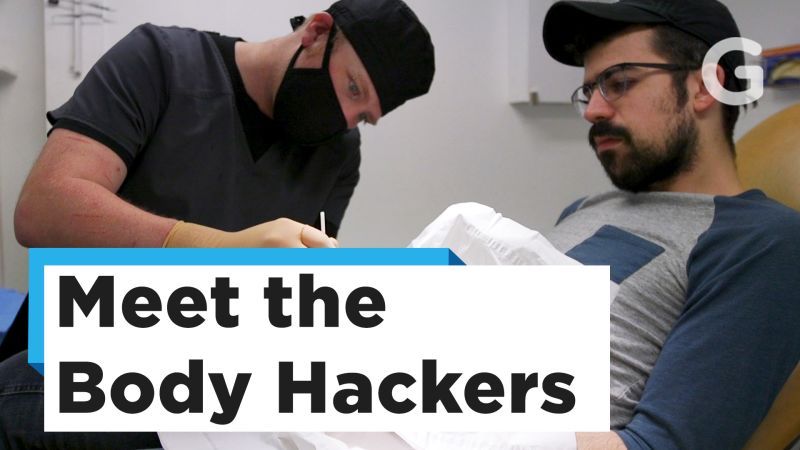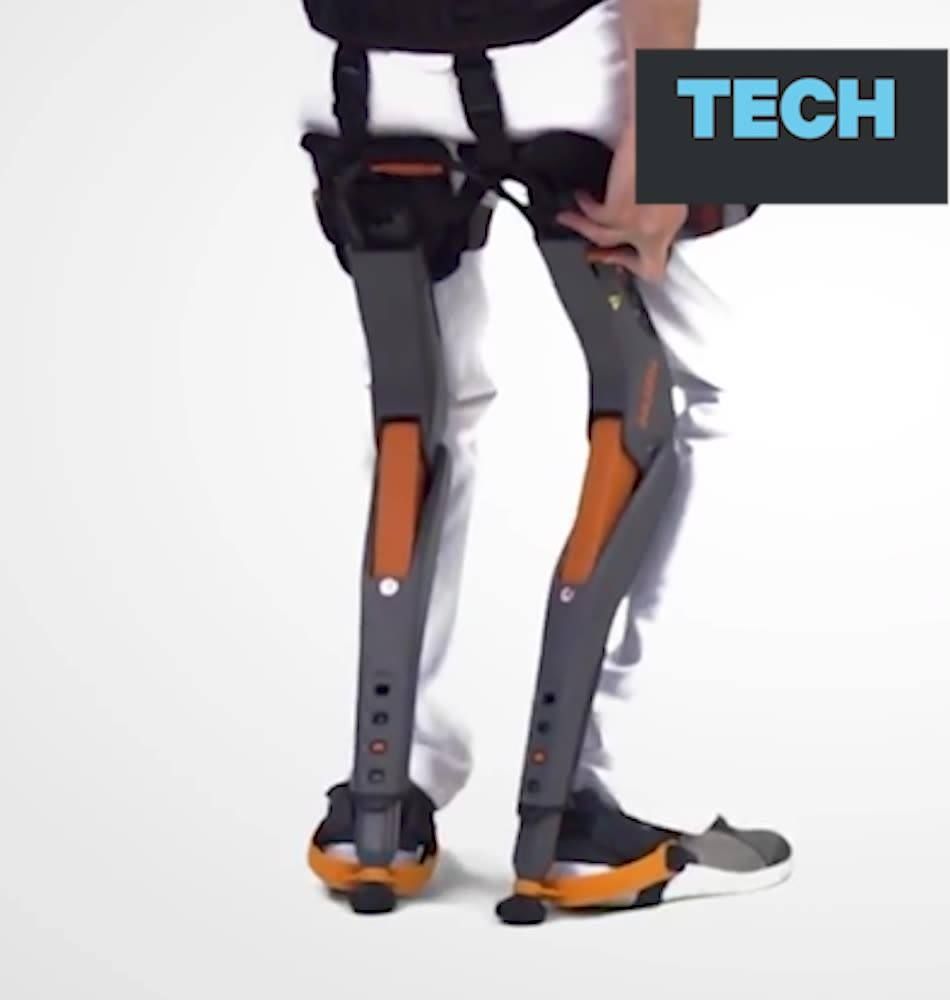China’s defense contractors are entering the field in a major way. Here’s the next generation of military exoskeletons.


https://paper.li/e-1437691924#/
Cyborgs, chimera, body modifications, genetic modification, AI & transhumanism Is there a posthuman future? Will it be the end of humanity? Steve Quayle & Tim Alberino join David Knight to survey the dark side of tech & the new NWO religion. More From The Author: Whites.
A father’s quest to help his son with diabetes led him to develop an artificial pancreas that could change the lives of millions of people who suffer from the disease. (via Freethink)
This musician lost his arm to an electrical transformer. Now he’s become the world’s first bionic drummer.
Via Superhuman

My #transhumanism work in this fun new article on future of sports:
Can bionic limbs and implanted technology make you faster and stronger? Meet biohackers working on the frontier.
Zoltan Istvan has achieved every runner’s fantasy: the ability to run without the hassle of carrying his keys. Thanks to a tiny chip implanted in his hand, Istvan doesn’t have to tie a key onto his laces, tuck it under a rock in the front yard, or find shorts with little zipper pockets built in. Just a wave of the microchip implanted in his hand will unlock the door of his home. The chip doesn’t yet negate the need for a Fitbit, a phone, or a pair of earbuds on long runs, but Istvan says it’s only a matter of time.
A long-time athlete and technology geek, Istvan identifies as a transhumanist: he believes that the transformation of the human body through ever-developing and evolving technologies will improve human life and ultimately lead to immortality.
“Athletes should be able to use drugs and technologies to enable them to be more competitive. To restrict that is to go against the very best of what we can become. If somebody wants to take these risks, they should have the rights to do so in full.”

Scientists at Wake Forest Baptist Medical Center and the University of Southern California (USC) have demonstrated the successful implementation of a prosthetic system that uses a person’s own memory patterns to facilitate the brain’s ability to encode and recall memory.
In the pilot study, published in today’s Journal of Neural Engineering, participants’ short-term memory performance showed a 35 to 37 percent improvement over baseline measurements. The research was funded by the U.S. Defense Advanced Research Projects Agency (DARPA).

Jeffrey Tibbetts prepped for implantation and scrubbed in, methodically sudsing up to his elbows, scraping the dirt from under his fingernails and scouring his hands with a rough brush to render his body sterile before donning a pair of beige latex surgical gloves.
Behind him, a twentysomething tea barista in a black baseball cap waited pensively, his left ring finger exposed from under a surgical drape, a tourniquet wrapped tightly around it. For months, an implanted magnet had been uncomfortably bulging out of the side of Zac Shannon’s finger. Tibbetts picked up a scalpel and began cutting, gently scraping away at the flesh until the incision was deep enough to expose the magnet. With the very steady hands of a practiced surgeon, he pulled out the tiny hunk of metal.
Tibbetts plopped another magnet into the finger, sutured it shut, and removed the tourniquet. The small wound began to gush blood.
Apparently needs a lot of work before it can actually operate like a eel/snake. But, i’d wrap this up in skin so it could look like a snake/eel. Give it solar power skin so it could recharge its own batteries; maybe try to use that system that was supposed to be able to eat organic matter to convert into power. Then, put a bunch of sensors on it, and HD cameras for eyes, and rig it so it could transmit to satellites. And you have a pretty impressive drone that can operate in any body of water and on land close to water.
An innovative, eel-like robot developed by engineers and marine biologists at the University of California can swim silently in salt water without an electric motor. Instead, the robot uses artificial muscles filled with water to propel itself. The foot-long robot, which is connected to an electronics board that remains on the surface, is also virtually transparent.
The team, which includes researchers from UC San Diego and UC Berkeley, details their work in the April 25 issue of Science Robotics. Researchers say the bot is an important step toward a future when soft robots can swim in the ocean alongside fish and invertebrates without disturbing or harming them. Today, most underwater vehicles designed to observe marine life are rigid and submarine-like and powered by electric motors with noisy propellers.
“Instead of propellers, our robot uses soft artificial muscles to move like an eel underwater without making any sound,” said Caleb Christianson, a Ph.D. student at the Jacobs School of Engineering at UC San Diego.
Are we witnessing, as Truthstream Media calls it, “A Zombie Apocalypse” Where reality is becoming a little less real by the day or is this trend something else?
Are people merging with their Smart Phones and becoming programmed by them using Cyborgification or is this something different? Find out…
